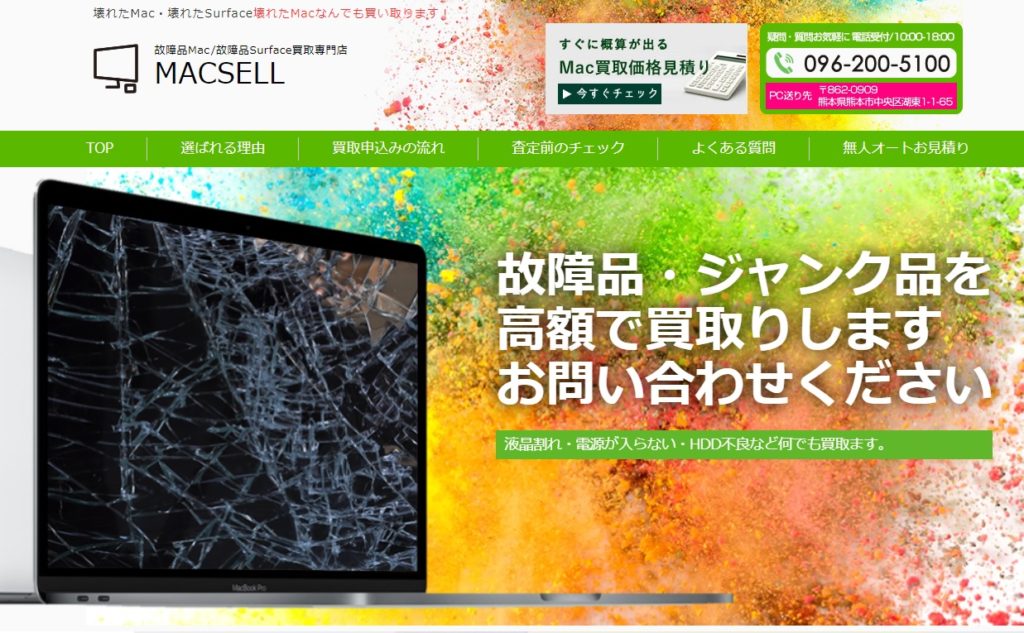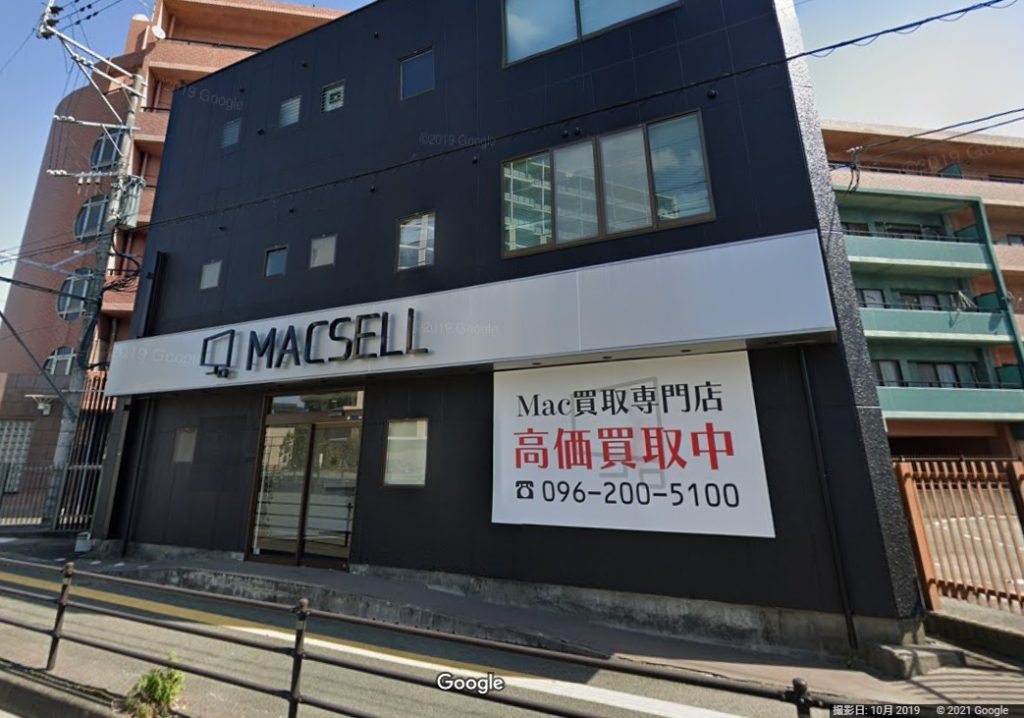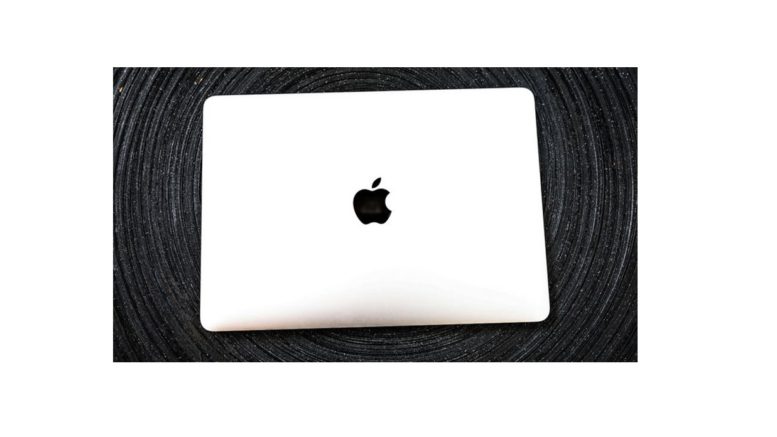The Japan Patent Office (JPO) dismissed an opposition claimed by Apple Inc. against trademark registration no. 6223514 for word mark “MACSELL” on used mobile phone, Smartphone, PC and tablet computer value estimation service in class 36 by finding less likelihood of confusion with Apple “Mac” series.
[Opposition case no. 2020-900114, Gazette issued date: Jan 29, 2021]
MACSELL
Opposed word mark “MACSELL” in standard character was filed on March 22, 2019, for the service of used mobile phone, Smartphone, PC and tablet computer value estimation, and others in class 36. Going through the substantive examination, the JPO admitted registration on February 6, 2020.
Apparently, the opposed mark is used as a tradename of used Mac and Surface recycle shop managed by the applicant.


Apple’s Opposition
Apple Inc. argued the opposed mark “MACSELL” shall be canceled in violation of Article 4(1)(xv) of the Japan Trademark Law.
“Mac” has become famous as a source indicator of Apple’s PC by virtue of substantial use with various trademarks, e.g. “MacBook Air” and “MacBook Pro” on laptops, “iMac” and “iMac Pro” on desktops, “Mac Pro” and “Mac mini” on computer hardware.
The opposed mark, consisting of “MAC” and “SELL”, would easily give rise to a meaning of offering Apple’s PC for sale.
If so, relevant consumers at the sight of the opposed mark when used on the service in question are likely to associate and confuse the origin of the opposed mark with Apple Inc. or any entity related to the opponent.
JPO decision
The JPO Opposition Board admitted a remarkable degree of reputation and popularity of “Mac” as a source indicator of Apple Inc. and a close association between Apple’s goods and the service in question.
However, the Board found a low level of similarity between “MACSELL” and “Mac” by stating that the term “SELL” would severely cause a distinctive impression between both marks from visual, phonetical, and conceptual points of view, even if the marks share the word “MAC.”
Besides, taking into account a low level of originality of the opponent mark “Mac,” the Board questioned if relevant consumers and traders are likely to associate or connect the opposed mark with the opponent when used on the service in question.
Consequently, the Board held that relevant consumers would be unlikely to confuse the source of the opposed mark with Apple Inc. and any entity economically or systematically connected with the opponent.
Based on the foregoing, the Board decided to dismiss the opposition entirely and allowed registration of the opposed mark as status quo.

Masaki MIKAMI, Attorney at IP LAW – Founder of MARKS IP LAW FIRM

